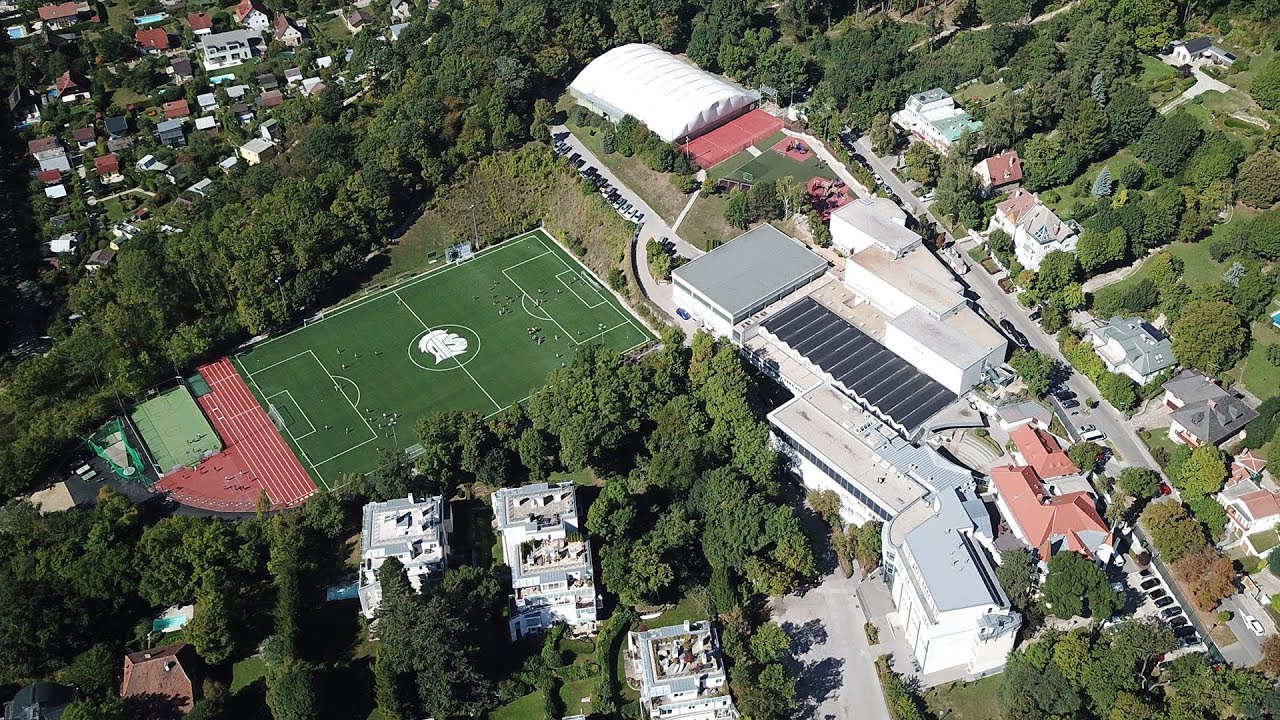


The book is most intriguing when the authors stop blaming extremism and admit to faults inherent in their traditions. The authors seek to eliminate the violent, exclusivist, sexist, and homophobic aspects of their own religions, and then use interfaith dialogue to heal those hurt by such negativity. Here, they move beyond the now clich d post-9/11 discussions of tolerance and toward real critique. And they present ways we can use these vulnerabilities to open doors for the collaboration required to address our common issues, more profound personal relationships, and true interfaith healing.Ī pastor (Mackenzie), rabbi (Falcon), and imam (Rahman) team up again, building on techniques described in their first book (Getting to the Heart of Interfaith). They explore the origins of these issues and the ways critics use these beliefs as divisive weapons. Inequality of Men and Women: The Patriarchal Stranglehold on Power Violence: Justifying Brutality in the Name of Faith They identify four common problem areas in the Abrahamic faiths:Įxclusivity: Staking Claim to a One and Only Truth We risk becoming vulnerable as we share awkward and even unacceptable texts and interpretations, but it is this very vulnerability that allows our dialogue to move forward."Įxpanding on the conversation started with their very successful first book, the Interfaith Amigos-a pastor, a rabbi and an imam-probe more deeply into the problem aspects of our religious institutions to provide a profound understanding of the nature of what divides us.

We have risked confronting aspects of our traditions usually hidden, and the consequences have been deeply life-affirming.

"We believe that interfaith dialogue holds the key to a healing that calls us back to purpose and to meaning. Welcome to the deeper dimensions of interfaith dialogue-Įxploring that which divides us personally, spiritually and institutionally.


 0 kommentar(er)
0 kommentar(er)
